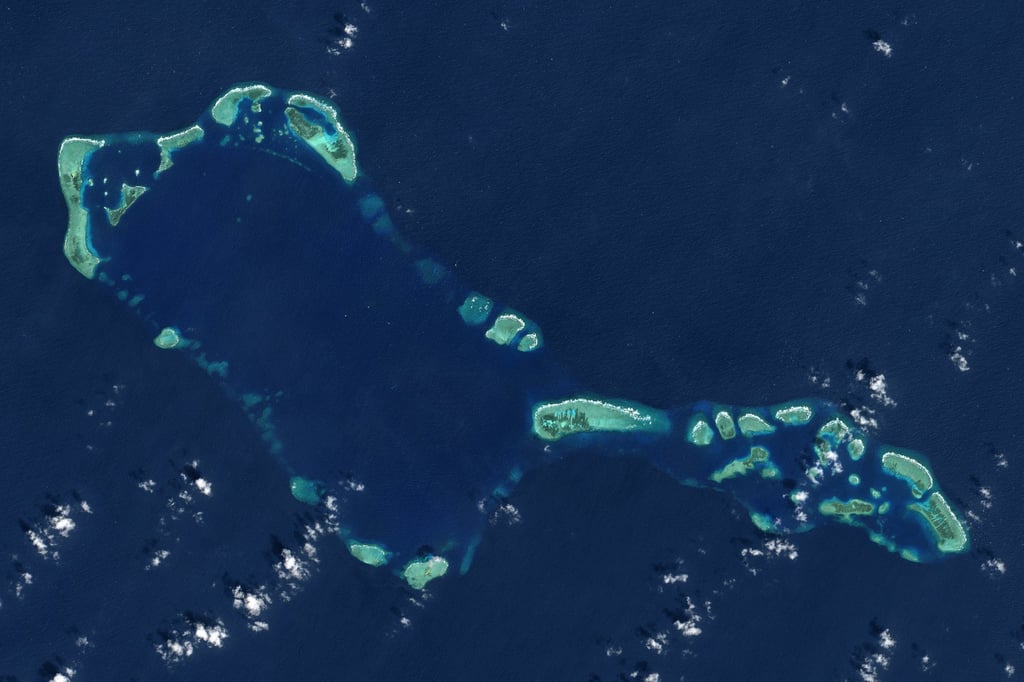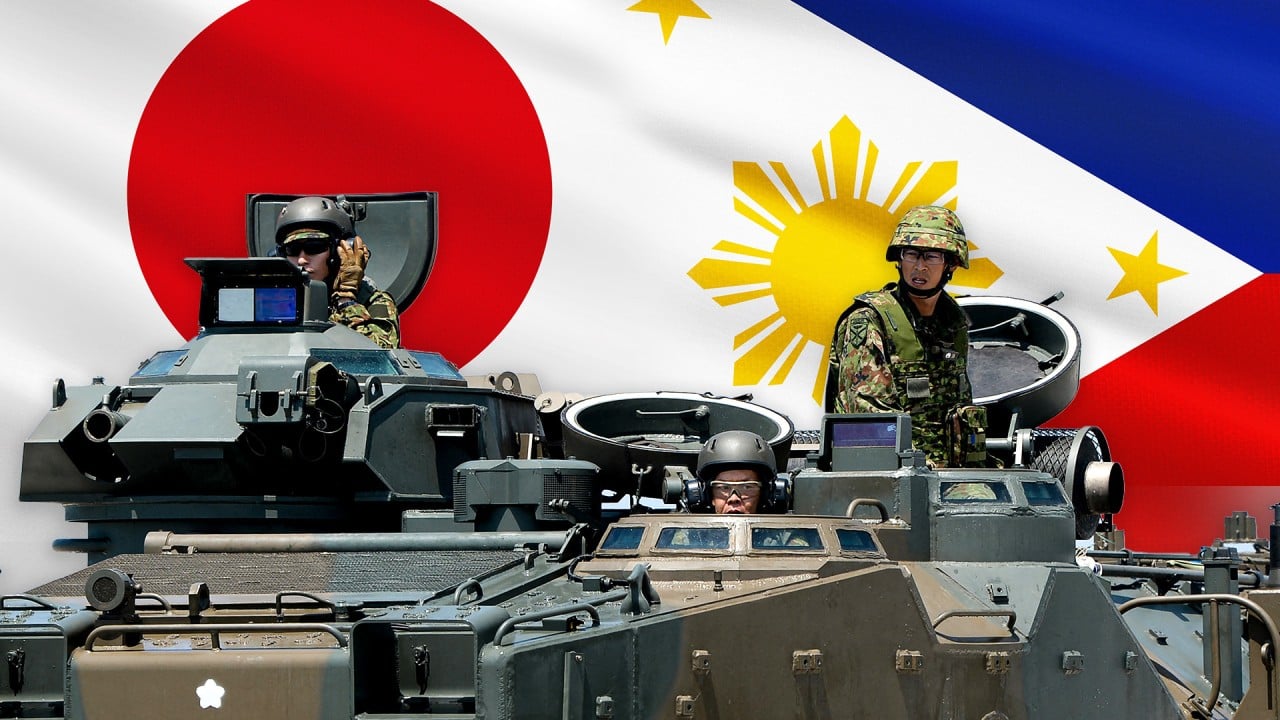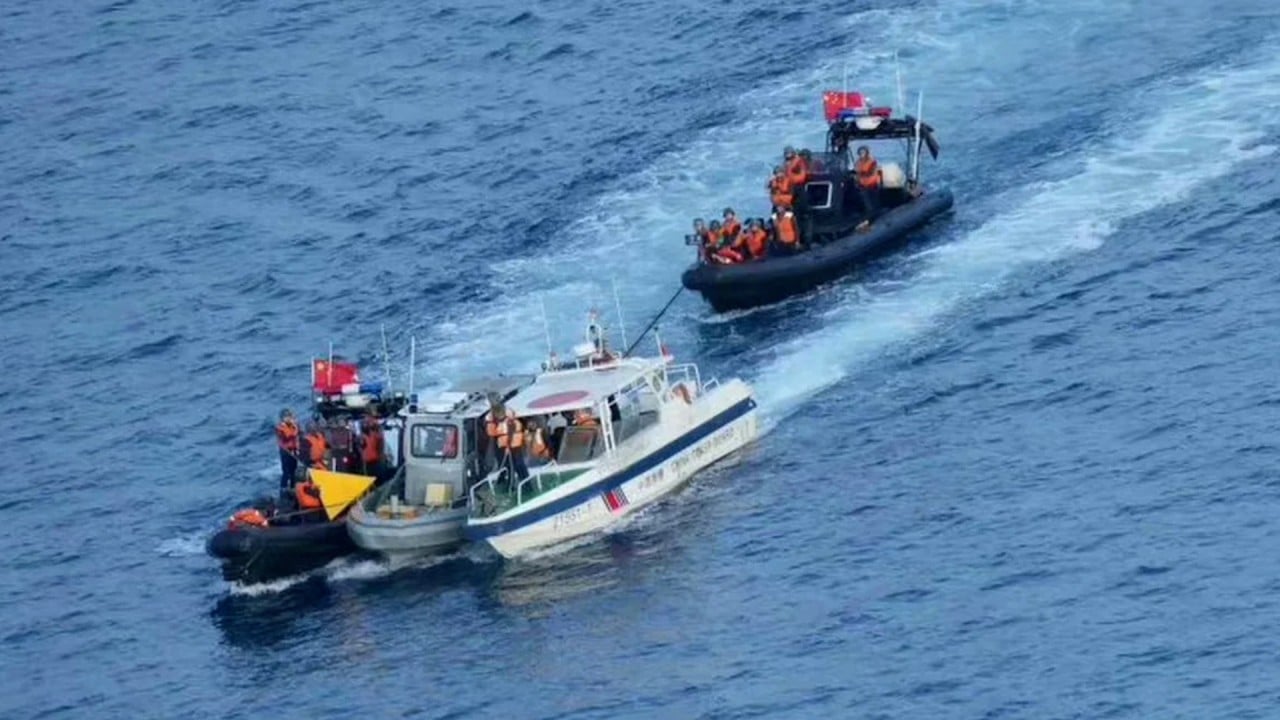China may take ‘tough measures’ in Sabina Shoal stand-off with Philippines, analysts say
It has since accused Beijing of trying to “intimidate” its forces, including by deploying its largest coastguard vessel, nicknamed “the monster” this month.
Beijing rejected these accusations, saying Manila was “vilifying” China and trying to “mislead the international community” and it has repeatedly said its actions in the area are lawful.
Meanwhile, Chinese state media has accused Philippine coastguard vessels of trying to deliver “suspected” building materials including cement to the ship, an accusation Manila denied.
Song Zhongping, a former People’s Liberation Army instructor, said China would take “tough measures” if Manila “insisted on its provocations”.
“China’s current restraint does not mean we are weak,” said Song, urging Manila to not make any “strategic misjudgments”.
“If China takes action, it will never lose,” he warned.
Wu Shicun, founder of China’s National Institute for South China Sea Studies, told media earlier this month that Beijing could “take the initiative” and tow the Philippine vessel away.
China has built a string of artificial islands and islands in parts of the South China Sea it controls, but Wu insisted there was no plan to do that at Sabina Shoal.

Although the United States has criticised China’s actions, and says it remains committed to its ally, Song said it would be a “complete miscalculation” on Manila’s part to trust Washington and it would become a “pawn for the US to maintain its global hegemony”.
Song said: “We will not bully any country in the South China Sea, but we will not show mercy when safeguarding China’s sovereignty in the South China Sea.”
Collin Koh, a senior fellow at the S. Rajaratnam School of International Studies at Singapore’s Nanyang Technological University, described the current situation at Sabina Shoal as a “stalemate”.
He said China would find it easier to maintain its presence and warned there was a risk of escalation if it tried to “actively interdict” Philippine attempts to supply the BRP Teresa Magbanua or start building facilities.
Chester Cabalza, founder and president of the International Development and Security Cooperation think tank in Manila, said: “There are high chances that Sabina Shoal can become a harbinger of more misunderstandings and armed attacks if trust is not further built between the two parties.”
He said the deployment of Chinese vessels to the region “showed the mistrust of Beijing” towards Manila.
But he said the Philippines was “no longer intimidated” by the Chinese coastguard and was prepared to counter Beijing’s “grey-zone tactics” – or methods of coercion that fell short of warfare.
“There is more reason for the Philippines now to be confident as more countries would like to forge defence agreements with its armed forces,” he said, citing a recent agreement to conduct joint exercises with Japan.
“If the Chinese exhibit signs of trying to undermine the Philippine presence in Sabina Shoal, we should assume that Manila might consider similar approaches to counter Beijing’s moves,” he said.
Additional reporting by Laura Zhou

